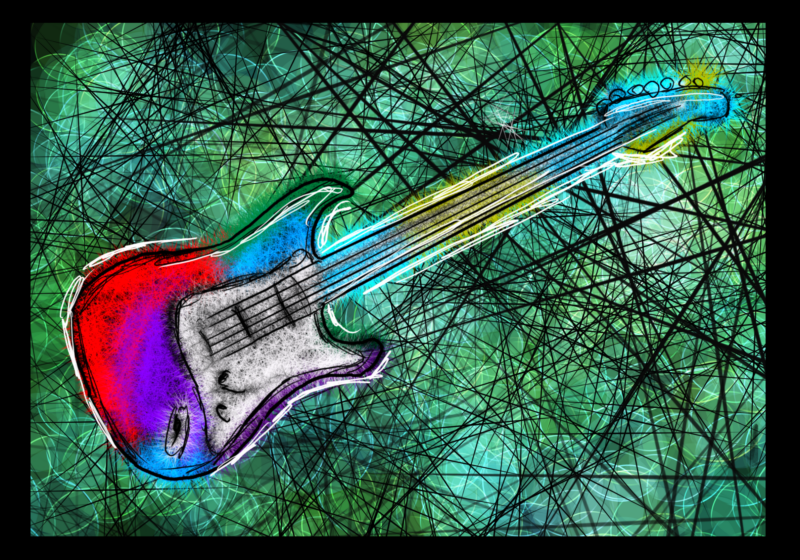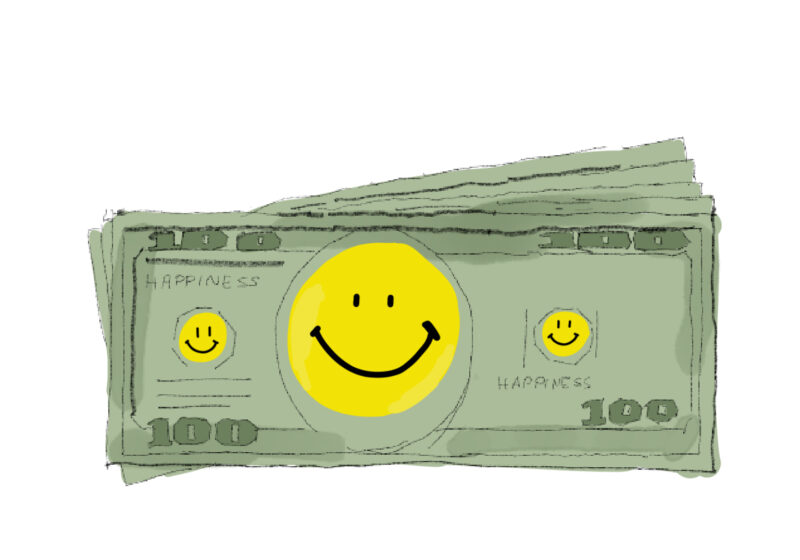The final arrival of spring – although never quite final in Rochester – brings the promise of sunny days, cool breezes and best of all, the big chocolate bunnies that come along with Easter.
Of course, Easter means a lot more than just chocolate eggs and big white bunnies – although the over-commercialization hasn’t really helped add much meaning to it. But don’t get me wrong because I know we could be worse off. I mean, I’ll take big white bunnies any day over that scary, black “Donnie Darko” bunny. Eww, it freaks me out just thinking about it. Sorry, back to my point – Easter, or at least the time that surrounds the Easter season, means different things to everyone.
For many Christians, Easter is their most sacred time. They celebrate a miracle in their religion, and a pillar of their faith – the crucifixion of Jesus and his miraculous resurrection three days later. For many Jews, the time around the Easter season is spent celebrating one of their own holidays – Passover. This is a blessed time for the Jews, when they celebrate their ancestors’ magnificent journey out of bondage in Egypt, through the divinely-parted Red Sea and into the arms of freedom.
I am neither Jewish nor Christian, but I have been blessed with Easter-time experiences that involve more than just big white bunnies and chocolate eggs.
I’ve gone to church with friends on Easter Sunday, as well as had some delicious Seder dinners. It’s been great being someone who doesn’t have Easter or Passover in my own religious history, but still getting the opportunity to celebrate with friends.
Through all of my Easter and Passover celebrations, I’ve learned a lot from my friends about other cultures and we’ve also made some great memories. I’ve also learned that there is much humor in these spring-time celebrations and everything that surrounds them. Let me share just a few random insights with you.
First of all, how is a big white bunny connected to the crucifixion and resurrection of Jesus? One of my suitemates informed me that apparently the holiday is named after an ancient name for the month of April – Eostremonat. According to an eighth-century Christian monk, Bede, this month was dedicated to the pagan fertility goddess Eostre. The Easter Bunny is often identified as a remnant of this fertility festival.
I asked some friends about their childhood Easter or Passover experiences and I got some great answers. One thing I thought was funny was that a bunch of my Jewish friends said something like, “Yeah, we have Passover. It’s cool, but I did kind of miss out on the whole Easter egg hunt, hang out with the big bunny, wear really bright clothes thing.” The funny thing is that my Christian friends at home felt the same way, except vice versa, obviously. They were like, “Man, the Easter egg hunts were awesome, but I wouldn’t have minded some Manischewitz and matzo-ball soup!”
A Chinese friend of mine gave me a quirky response to the question. She said, “Well, we never celebrated Easter in a religious way – I didn’t love running around in the Easter egg hunts and the big white bunny scared the hell out of me. But hey, I guess I didn’t get the shortest end of the stick. I didn’t have to wake up early to go to church, and I could eat the pork fried rice we used to order on random nights.”
After that random, run-on ridden blob of writing, I leave you with this – in these coming holiday weeks, get some chinese food – kosher if possible – go to church or synagoue and hug a big white bunny. Celebrate Passover and Easter with all your friends. You’ll have fun, and maybe you’ll make some good, funny memories.
Like I said, Easter and Passover mean a lot of things to a lot of people. It can be a time of deep faith and devotion, or a time of fun with family and friends. For me, it’s a combination of all of those things – plus, the Manischewitz ain’t that bad.
Sen can be reached at
jsen@campustimes.org.





